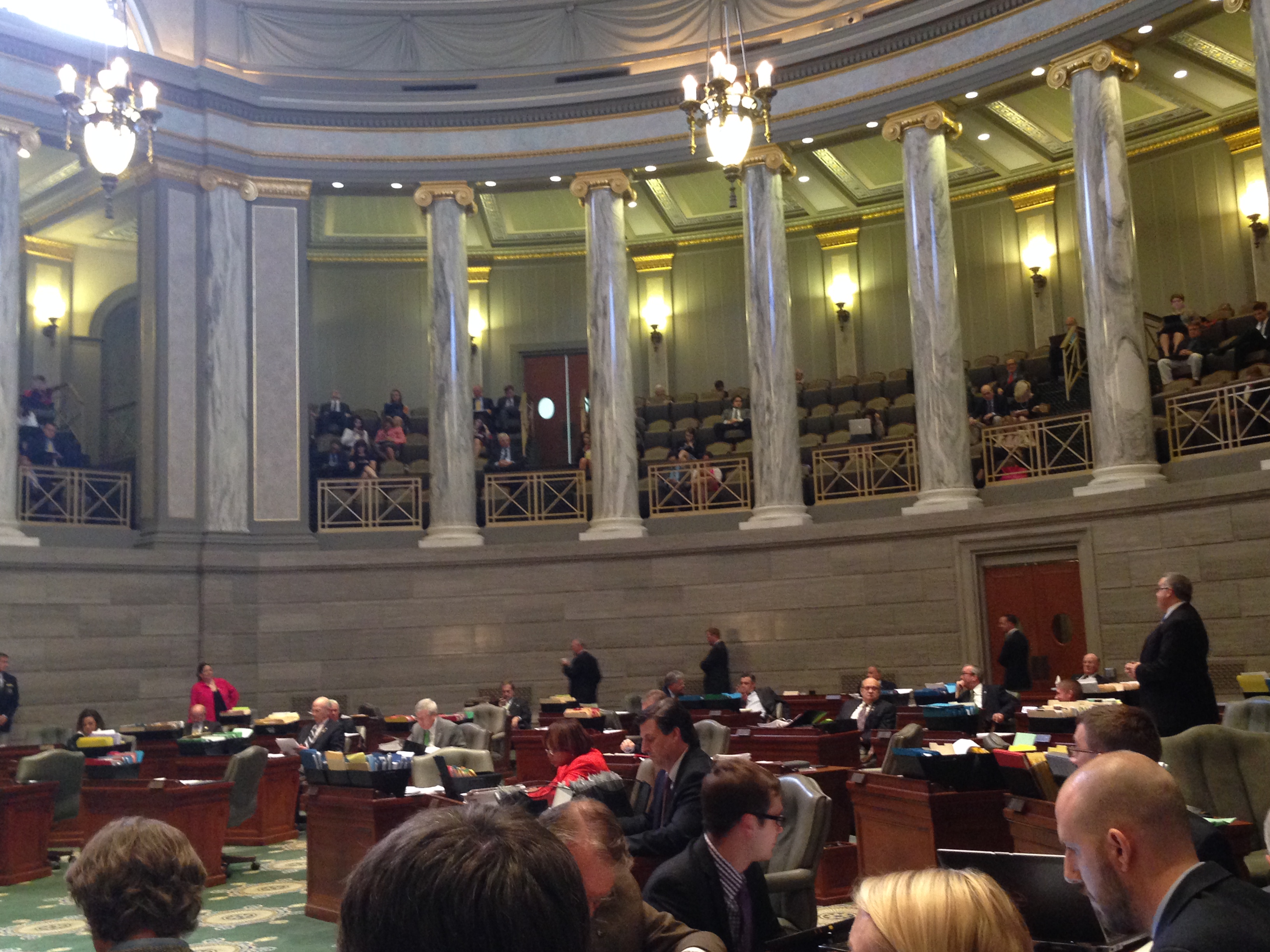JEFFERSON CITY, Mo. — Democrats spent most of Tuesday night talking. The minority party in the Missouri Senate held the floor until 11 pm in order to filibuster so-called “paycheck protection” legislation.
The measure is House Bill 1617, which would place the question of whether or not to implement paycheck protection on the 2014 ballot. The bill changes the way certain public employee unions contribute to their voluntary political action funds. Under current law, any union member may decline paying fees related to political activity, and a currently paying member may opt out at any time. The bill would make payment of political funds an opt-in program, mandating every union member affirm their desire to contribute on an annual basis.

Last year, a similar statutory measure was vetoed by Gov. Jay Nixon and failed to override in the Senate when two Republicans joined Democrats in rejecting the measure. This year’s bill is nearly identical, the only major difference being its potential destination: the ballot.
Republican leadership adjourned late Tuesday after it became clear that Democrats intended to talk until the early hours of the morning. The Senate handler of the bill, Sen. Dan Brown, says a compromise is unlikely.
“Is there a path for this? I’m not sure,” Brown said. “You get the sense that compromise is not very likely. So maybe there can be a deal where there is something [Democrats] hate more, so they’ll let this go. I’ll continue to work on it, I don’t consider it done yet.”
Opponents of paycheck protection say the measure is a politically motivated way to weaken unions and soften the ground for broader “Right-to-Work” legislation.
“The paycheck deception bill is not gaining traction in the Senate because it is a naked, cynical ploy to diminish the voices of middle-class Missourians,” said Jeff Mazur, Executive Director of Missouri AFSCME. ”Not only did we see Senators on Tuesday night standing up to stop the bill, but there are a number in the Senate majority who rightly believe the Senate’s time is better spent on solving real problems.”
If the bill were to come back to the floor it would likely be a time-consuming process, unless Republican leadership choose to invoke a rarely used Senate rule to cut off a filibuster. With the budget still not yet finalized and a handful of other priorities in the final stages of passage, it’s unclear whether the Senate will re-examine the issue.
Collin Reischman was the Managing Editor for The Missouri Times, and a graduate of Webster University with a Bachelor of Arts in Journalism.



